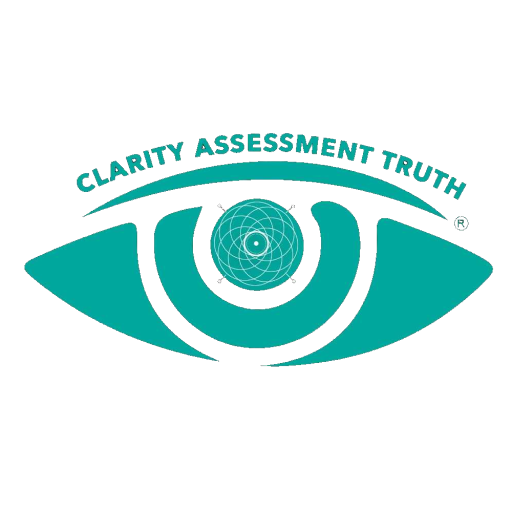Medical Abuse refers to actions or behaviors within the healthcare setting that deviate from established medical procedures, leading to unnecessary costs or harm, and potentially subjecting the patient to substandard care. It can include both intentional misconduct and negligent practices.

Medical Abuse encompasses any actions that go against established medical procedures, which result in extraneous costs, physical harm, emotional distress, or subjects the individual to unnecessary or subpar care. It can be perpetrated by healthcare providers or systems and may involve various forms of malpractice, overcharging, unnecessary treatments, or neglect.
Identifiable Victim Markers (IVMs):
• Compliance: The victim may comply with unnecessary or harmful treatments out of trust in medical professionals or fear of challenging authority.
• Conditioned Beliefs: Long-standing beliefs about the infallibility of healthcare providers may lead to unquestioning acceptance of substandard or harmful care.
• Labeling: The victim may be labeled as “difficult” or “non-compliant” if they question procedures or costs, leading to further mistreatment or neglect.
• Minimization: The victim may minimize the harm or negligence they experienced, particularly if they lack medical knowledge or are intimidated by the healthcare system.
• Nervousness: Anxiety and nervousness about medical treatments or interactions with healthcare providers, particularly if they have experienced abuse in the past.
• Reactive: Emotional or physical reactions to medical environments or providers, stemming from previous traumatic experiences.
• Self-blame: The victim may blame themselves for the abuse, thinking that they should have known better or done something differently.


